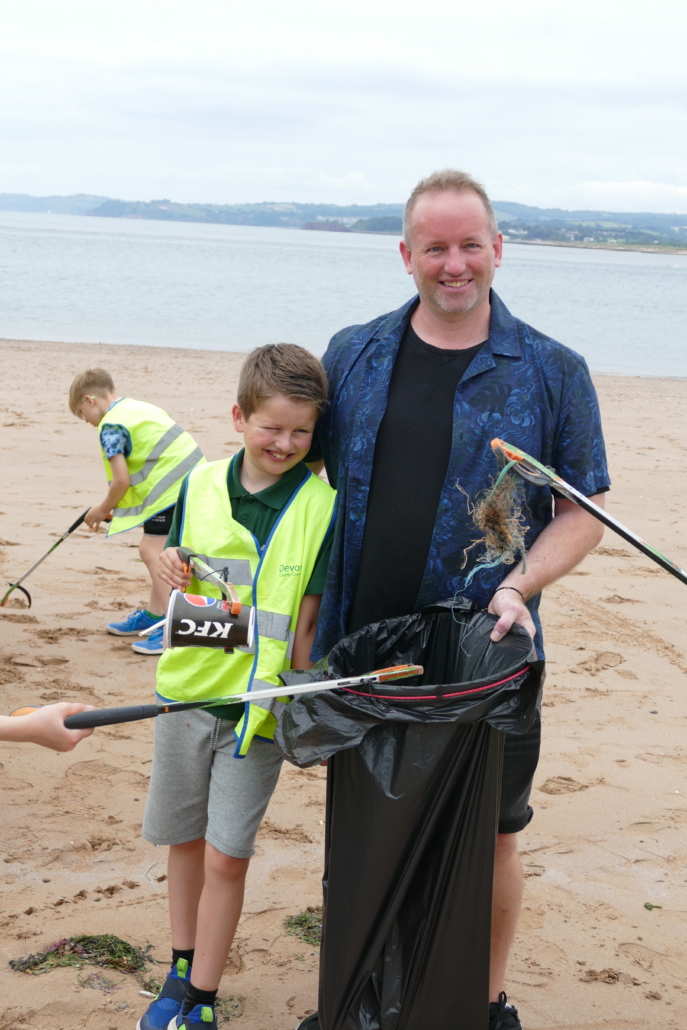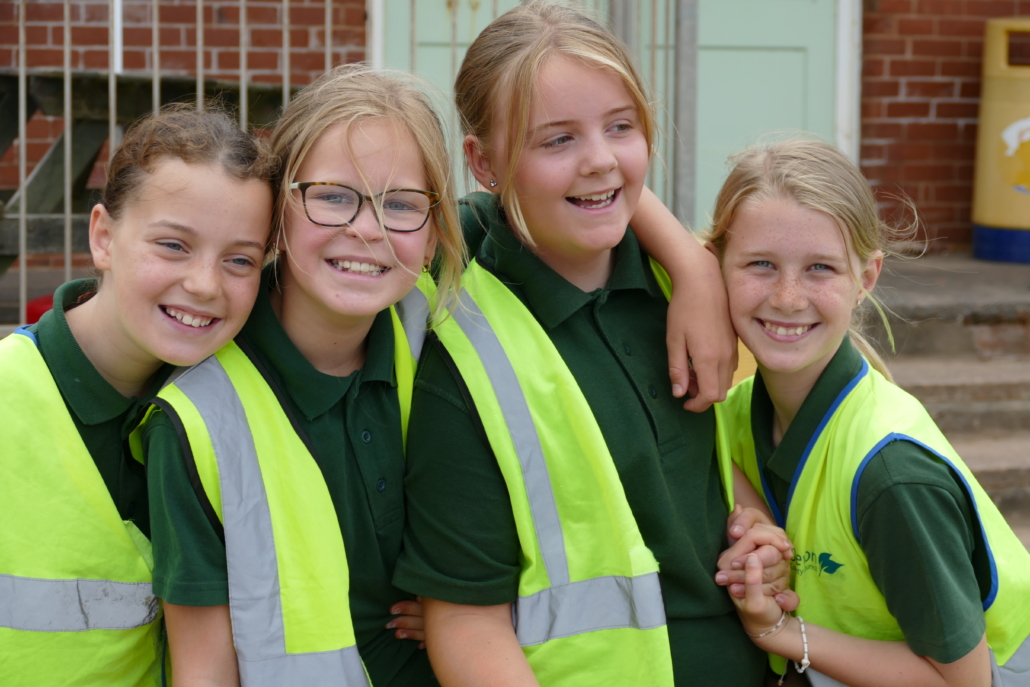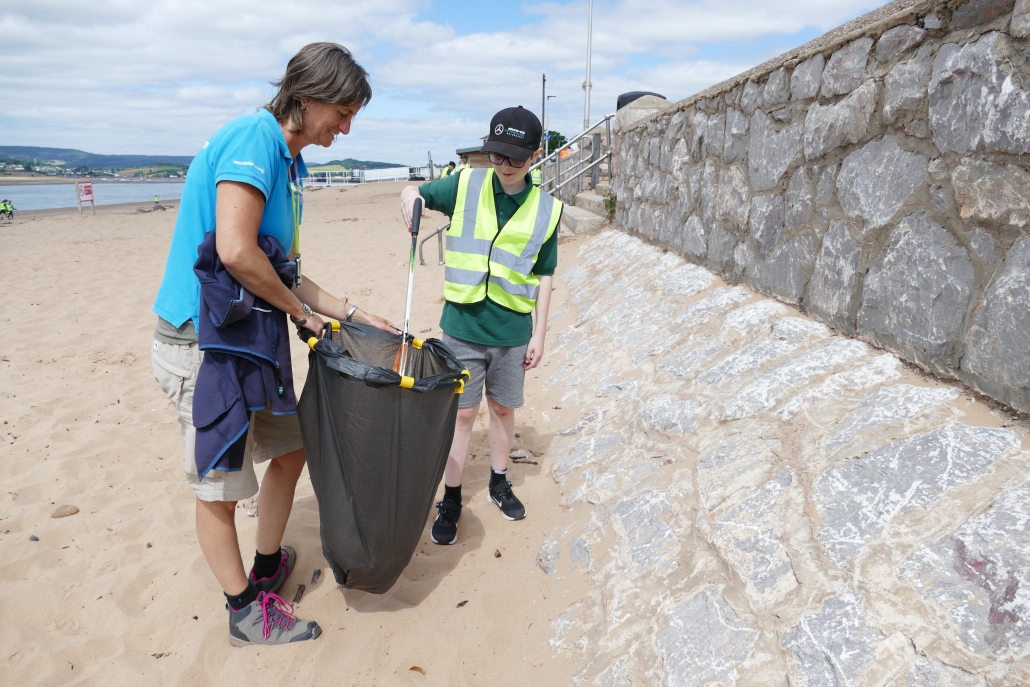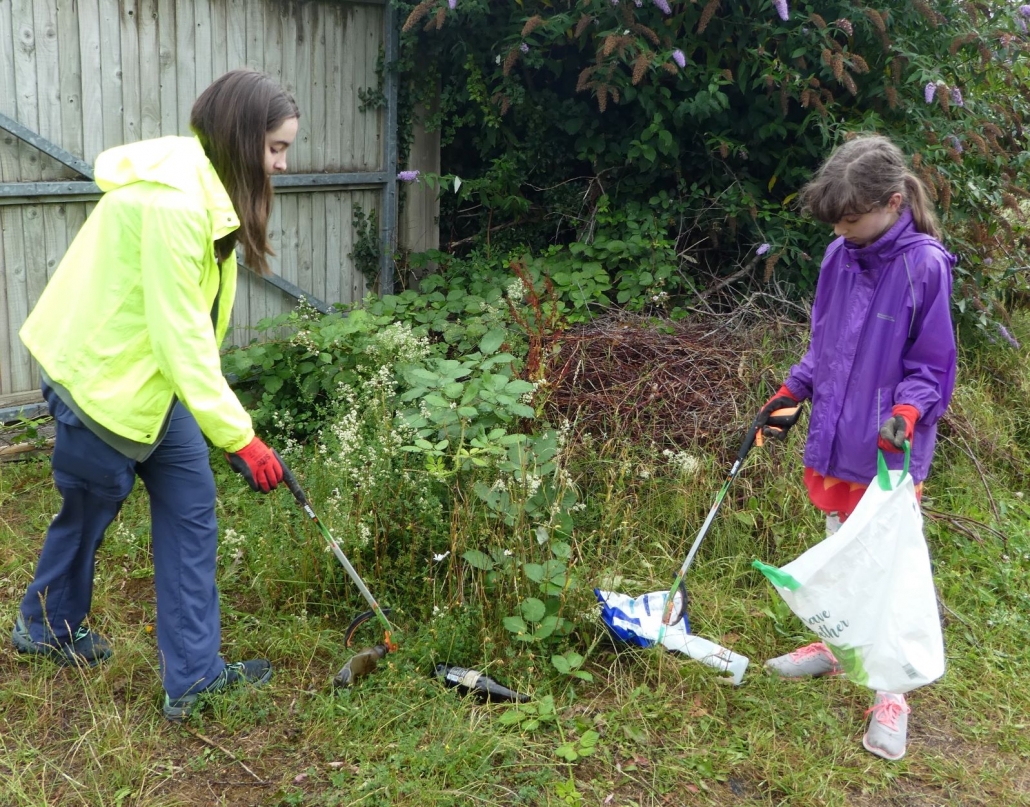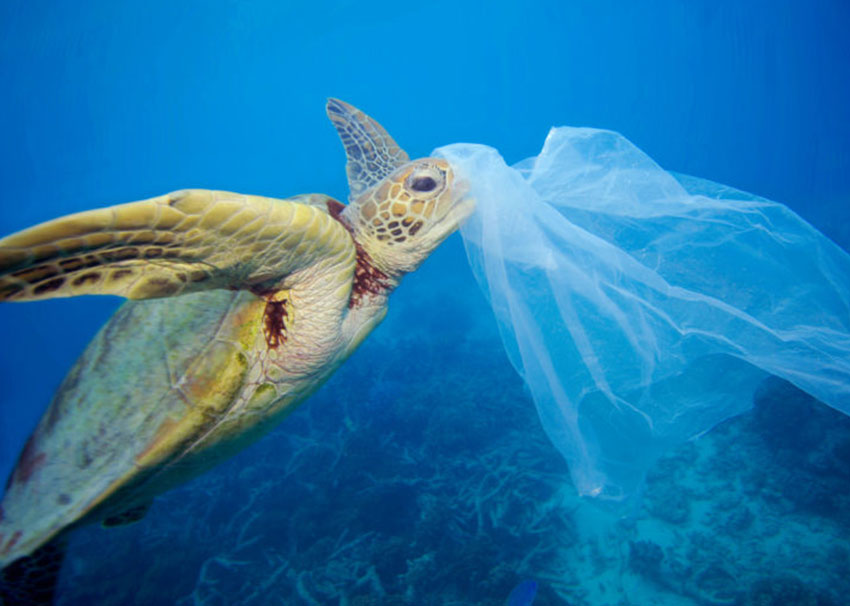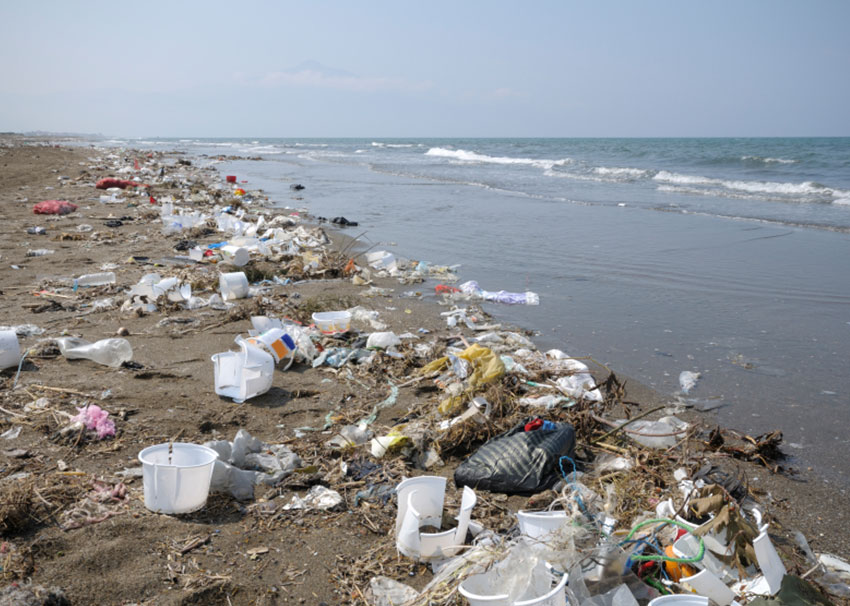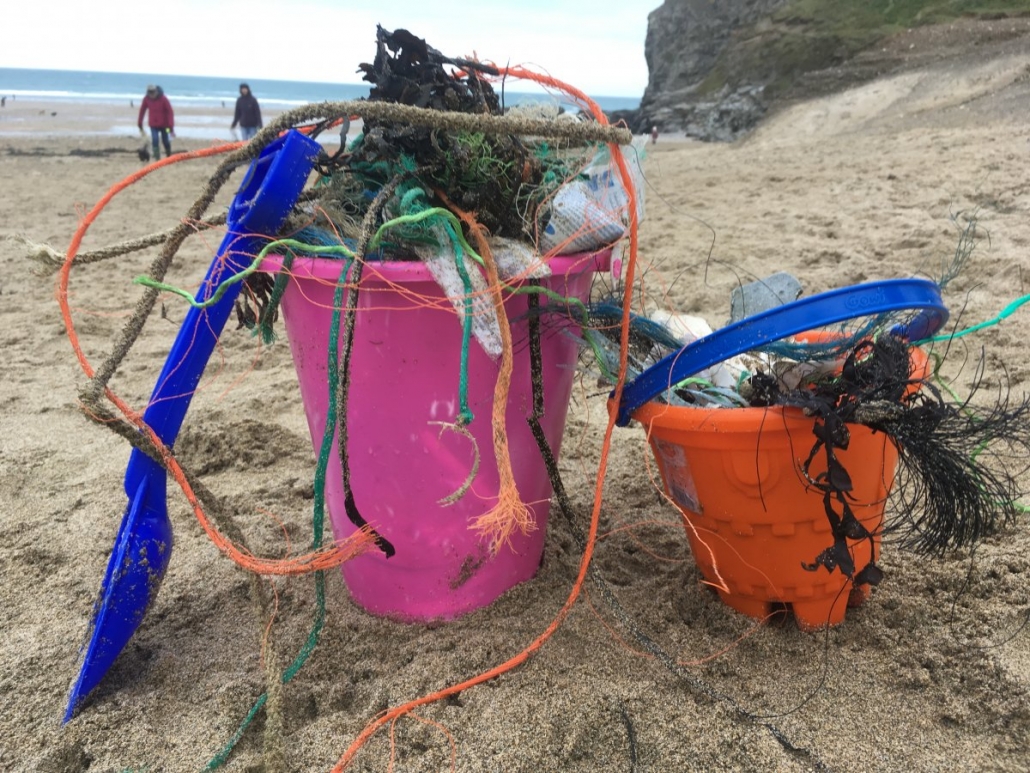Teachers
We have written a useful litter pack to help teachers and school staff organise litter picks or beach cleans and teach children about more about litter and the issues behind plastic in the oceans. The pack contains lesson plans for a series of five lessons, which could be taught as a week long topic, or one lesson a week throughout a term.
Easy Guide to doing Beach Cleans and Litter Picks with your Class
Follow our easy 10 Step Guide to Beach Cleans and Litter Picks and organise one for your class. This set of downloads includes information on how to contact landowners and beach managers and what to do with the rubbish, as well as template Risk Assessments.
This information is for school teachers in Devon and will be of limited help to anyone outside the county.
10 Easy Steps to a Beach Clean
10 Easy Steps to a Litter Pick
Beach Clean Risk Assessment (template)
Litter Pick Risk Assessment (template)
Template Letter to Beach Manager
What is litter?
Litter is rubbish that has been left in the wrong place. It falls into two main categories:
- Marine or Ocean Litter – in the sea and washed up on beaches
- Litter on land
Litter is a problem because:
- It is dangerous to wildlife. Animals mistake it for and eat it or may get tangled up and die. Small animals can crawl into plastic bottles and get trapped, while birds and seals can get trapped in plastic bags or tangled in nets. A plastic bag floating around the sea looks very similar to a tasty jellyfish to a turtle.
- It looks nasty. We all know how horrible it is to look at litter in our hedges, parks or roadside. It is even worse at sea where it can build up into huge islands of waste. The largest of which, The Great Pacific Garbage Patch, is thought to be near 80,000 tonnes – equivalent to 500 Jumbo Jets!
- It has not been recycled, reused or disposed of. Litter is waste that has escaped our normal disposal systems. Perhaps someone has dropped it or perhaps it has blown out of bins. Whatever the reason litter needs to be collected and disposed of correctly. We can use the resources again through recycling, compost it, or Energy from Waste.
- It causes pollution and can harm human health. Litter can contain toxic substances which could escape and pollute the environment. Chemicals released from litter can get into our water supply and poison us. Microplastics (tiny pieces of plastic) have been found in humans – we don’t know the long term effects of these substances.
- It lasts a long time. Plastic litter is a particular problem because it takes a long time to break down, so remains in the environment for a long time. It is thought a plastic bottle will take between 70 and 450 years to break down into tiny pieces called microplastics. Left as litter or in the sea these may never disappear, but may be deposited on beaches or the seabed. WHY – Plastic is made from oil, so is man-made. This means, unlike natural products like food waste or paper, bacteria can’t eat it and break it down. Though a few clever scientists are breeding some bacteria that can consume it, but only in a lab. It will take years to breed enough to digest all the plastic in the sea – even then it may be more of a problem to us if it eats all the plastic we use every day.
- It gets caught in nets of fishermen, meaning they don’t catch as many fish. Imagine spending hours out to sea fishing and coming up with nothing but plastic waste. No fish and chips for tea tonight!
Where does litter come from?
Any rubbish (such as sweet wrappers or drinks bottles) that is not put in the bin is litter. Most litter in Britain is dropped from cars. Fast food packaging is a problem as it is dropped from cars in lay-bys after people have eaten their lunch or snack. Litter dropped on roads or verges can be washed into rivers and then out to sea. Other forms of plastic pollution such as bio-beads and nurdles can escape from plastic factories, water filtering systems, or are lost when transported between places. Read more about bio-beads here and nurdles here.
Every year at least 8 million tonnes of plastic enters our ocean – that’s the equivalent of two bin lorries full every minute! Most ocean litter (80%) ends up in the sea after being washed downstream in rivers. A lot of litter (over 50%) comes from just five countries in South and East Asia; China, India, Indonesia, Malaysia and the Philippines.
Tons of litter ends up on beaches around the Pacific and Indian Oceans every day.
The ocean currents (or gyres) move the litter around until it ends up as massive “plastic islands” taking up vast areas of the sea. No one really knows how big these islands are because the plastic is difficult to see from satellites and some may just be a lot of tiny pieces of plastics, like pepper in a soup. Some estimates put it at around 80,000 tonnes for the largest ones!
Top 10 tips for reducing litter:
1. Think before you buy
Do you really need the item you’re about to buy? Thinking about what we have is the top of the list when it comes to reducing waste.
2. Refuse items you don’t need
Have you been offered a free bag, pen or cup when you don’t need one? Refusing is the best option so you don’t take something that will just end up being rubbish.
3. Refill Water Bottles
You don’t need to buy a new plastic bottle every time you need a drink. Most people have a refillable bottle they take out and about – there are many great designs in the shops! Schools should encourage children to bring in their water bottle to school every day. If your school does this then you are a Refill School!
Why not sign up your school to Refill Schools (for more information see our Refill Schools page) or talk to your parents about adding their business or workplace to the list of places in Devon where you can refill your reusable water bottle.
4. Use a Reuseable cup
Are you using and throwing away a cup every time you get a hot drink? There are many brilliant reusable cups out there, often made from recycled materials. If you have a teacher or parent who always has a cardboard coffee cup in their hand then why not give one to them as a gift!
5. Avoid food packaging
Refuse to buy fruit or vegetables if they are wrapped in plastic film! Take your own bags to carry loose products in – canvas or paper work well. Plastic film cannot be recycled in most of Devon, so we lose the resources in it as it’s put in your black bin bags and used in an Energy from Waste plant to make electricity.
6. Think about plastic packaging of toiletries and cleaning products
Buy bigger bottles to save plastic waste – this is often better value too! Or go one step further and buy solid deodorants, shower gels, shampoos and conditioners or share a five litre container out among friends. Some zero waste shops offer a refill service where you can take your own container to fill up with product, reusing it every time you need anything from olive oil to fabric conditioner!
7. Say no to disposable cutlery
Do you really need to use cutlery that gets thrown away after one use? Can you use metal knives and forks that can be washed, or carry a spork with you?
8. Get your milk delivered or find a milk refill station
Plastic milk bottles are recycled in all Districts in Devon, however if you want to reduce your plastic waste further then why not check to see if there is a milk delivery in glass bottles in your local area. One study reckoned that bottles could be reused 40-50 times and then are recycled into more milk bottles at the end of their lives, creating a lovely example of a circular economy.
There are lots of refill stations popping up – there might be one nearer than you think.
9. Carry a reusable shopping bag
It is now normal to use canvas, cloth, jute or polyester bags while out shopping, due to the cost of buying plastic bags. Don’t forget to have a spare bag with you in case you buy something you weren’t expecting.
10. Organise a litter pick or beach clean
Your friends and you may be inspired to take practical action about litter and plastic pollution in our seas. We have created a useful pack for schools, full of useful advice about organising your own litter pick or beach clean, from sample risk assessments to instructions on how to deal with your waste. View our litter pack.
All of this information can be downloaded as a Litter Factsheet..
Download the Litter Factsheet
Come on a Beach Day!
Our team have been running trips to the beach for schools for the last few years and we would love to book your school in for one in June 2025.
See more here: https://zone.recycledevon.org/portfolio-item/beach-days/
Contact Alex Mack alex.mack@resourcefutures.co.uk for more information and to book a date

